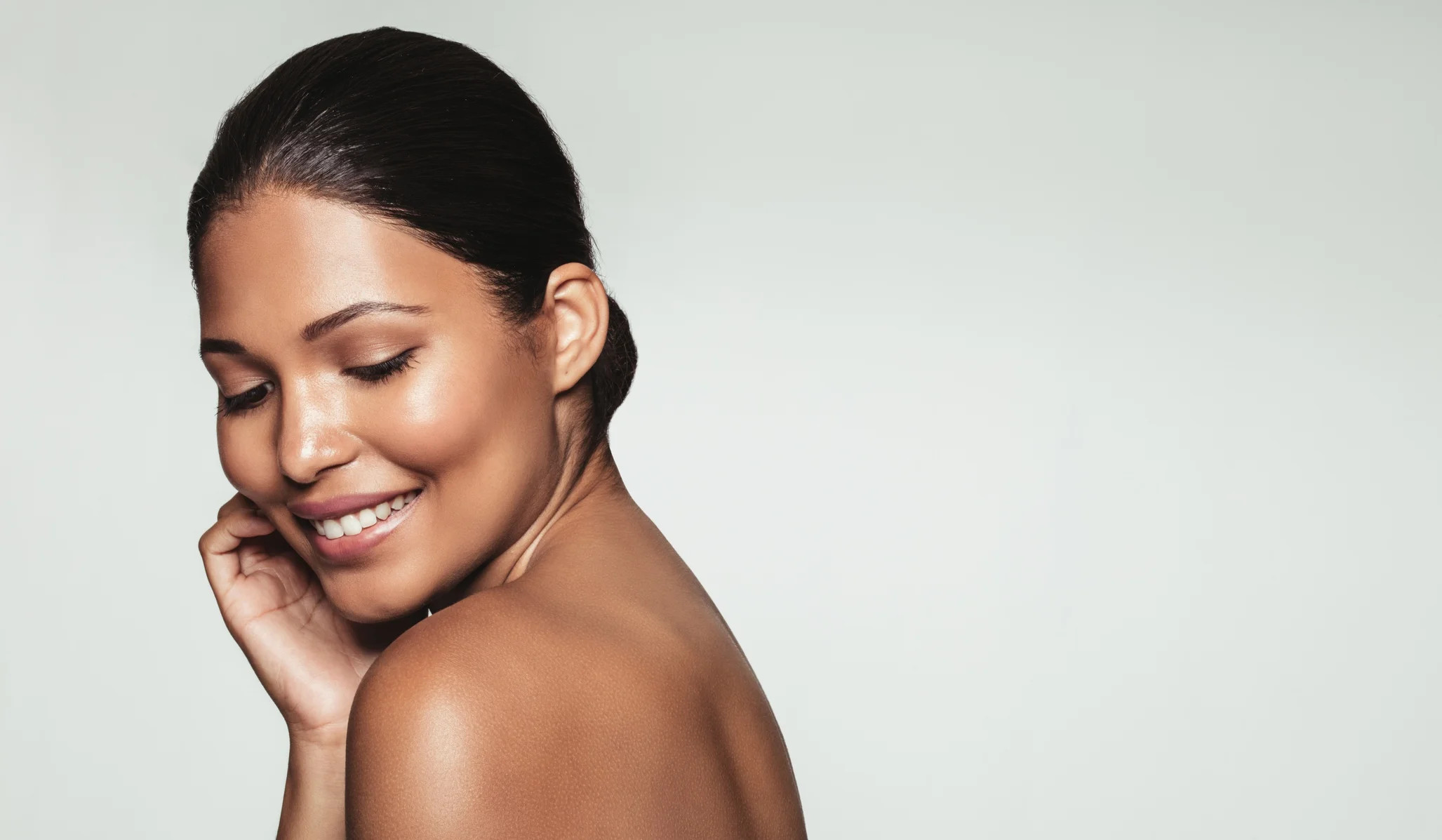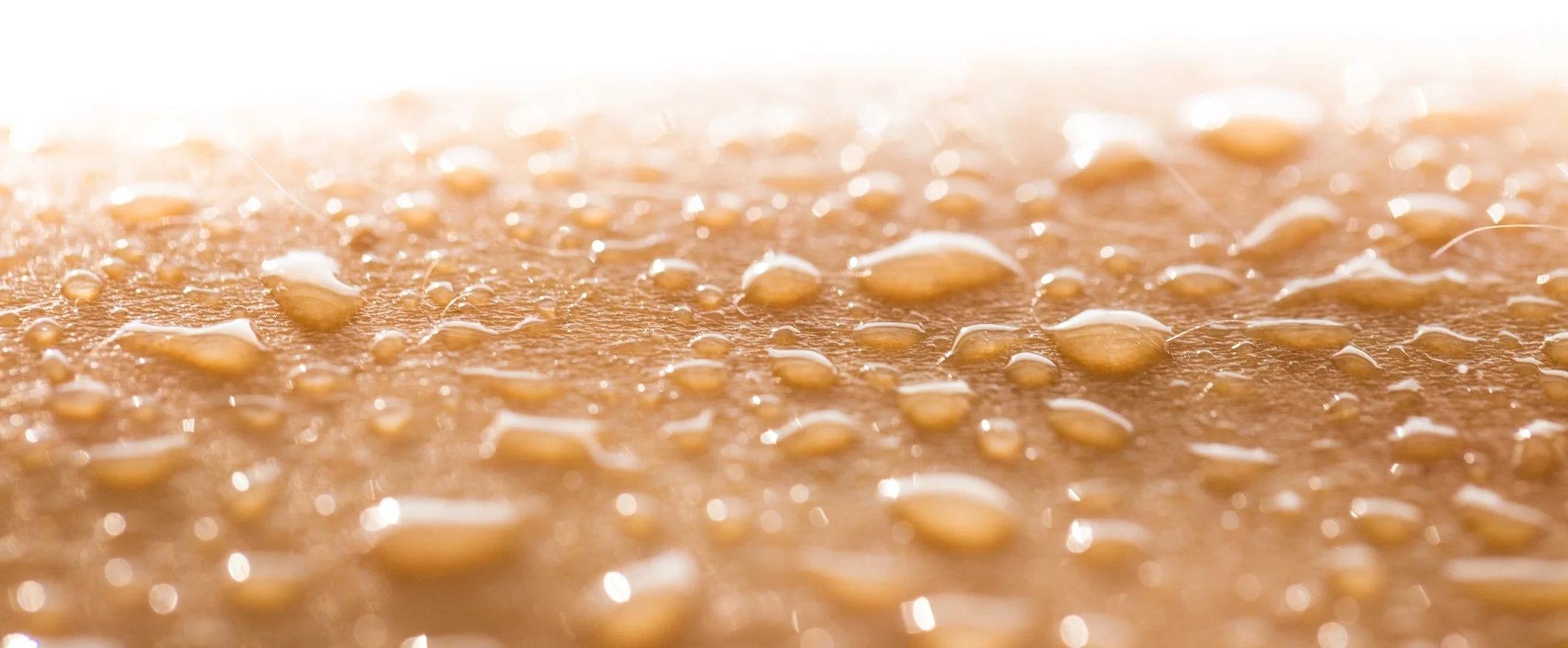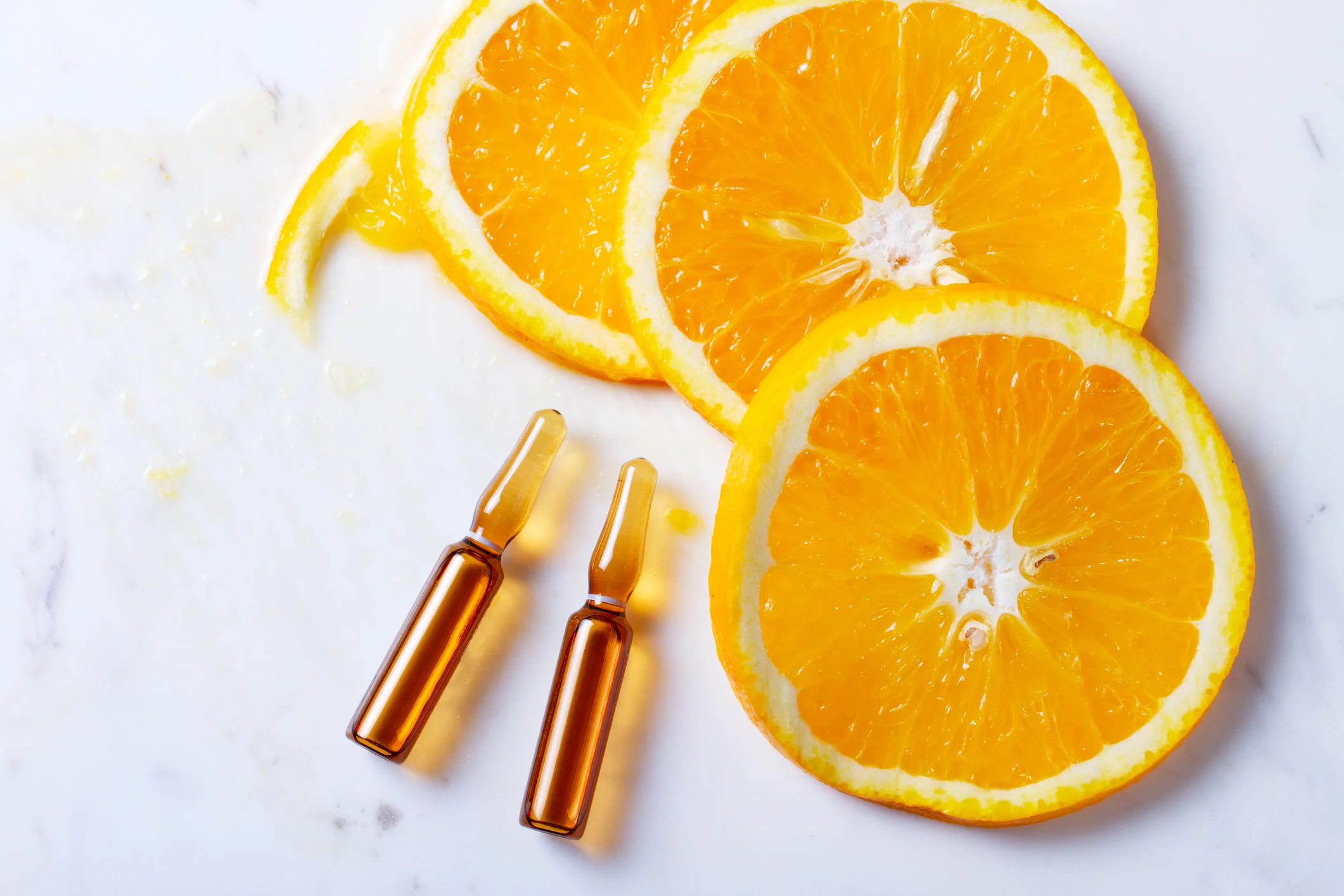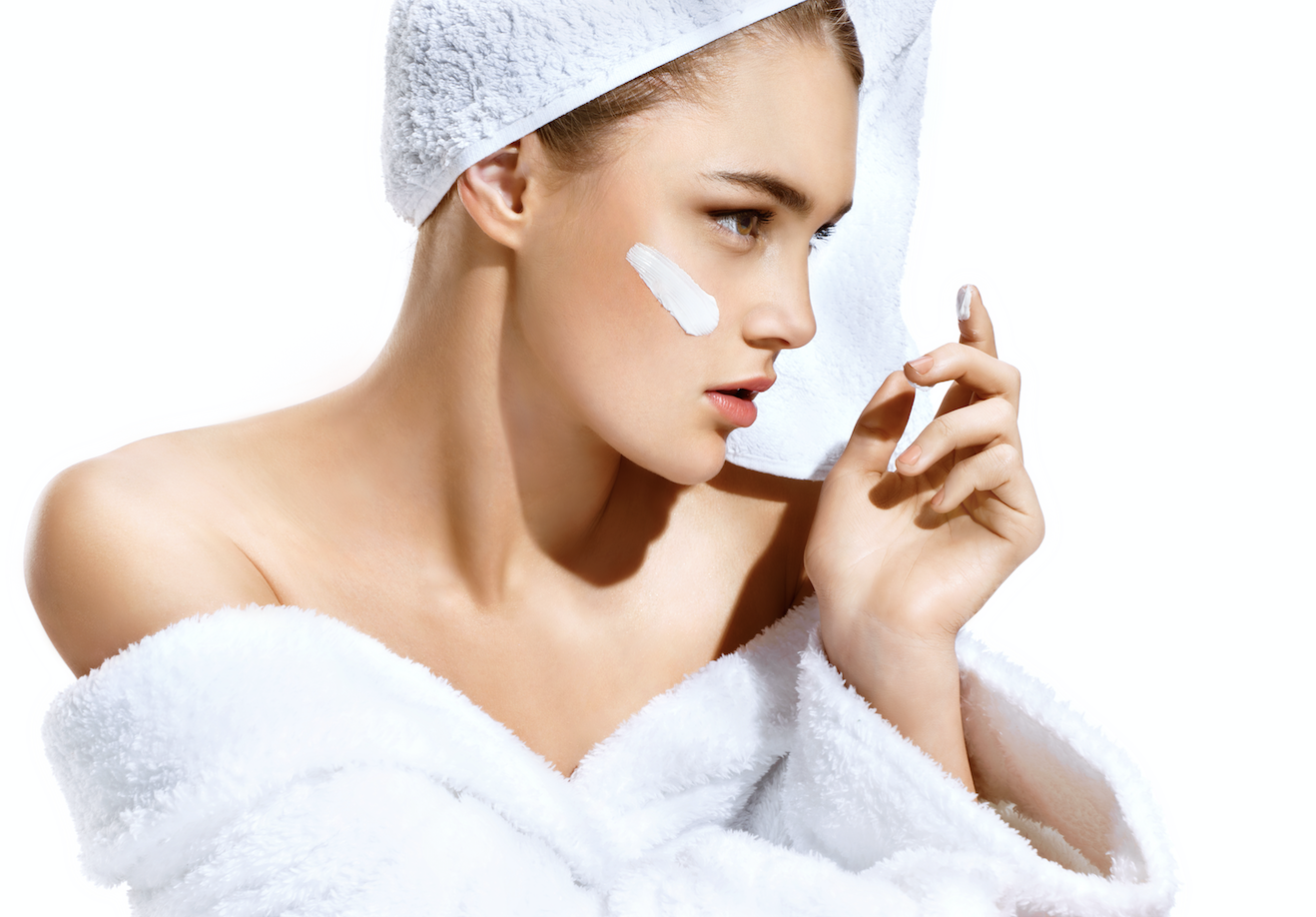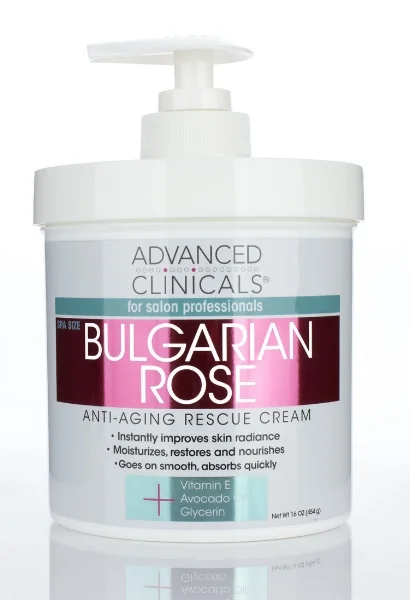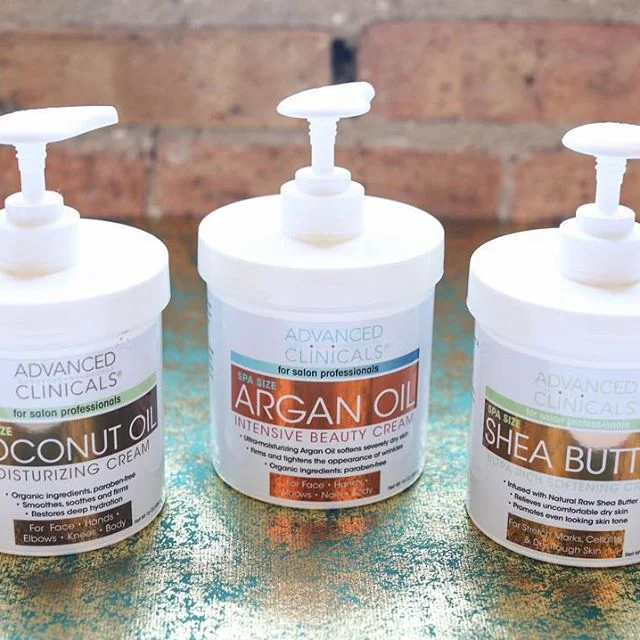Introducing the Golden Age of Skin Care
Made famous by Indian cuisine and Ayurvedic medicine, Turmeric is a zesty golden spice that’s booming in popularity. This powerful antioxidant rhizome is finding its way into the morning shakes of bloggers and Instagram stars everywhere. Health stores across the nation are featuring “Golden Milk”, a vegan milk infused with Turmeric. But what can it do for your skin? Here at Advanced Clinicals®, we know that Turmeric is no ordinary cooking spice.

Brighten your skin with all-natural Turmeric
100% Natural Turmeric for Skin Irritation and Redness
Turmeric (Curcuma Longa) is a gentle, soothing spice with a brilliant yellow hue. It is clinically proven to have anti-inflammatory, antimicrobial and antioxidant properties. This gorgeous plant soothes dry, red, flaky skin and restores comfort to irritated areas. Thanks to its incredible anti-inflammatory properties, Turmeric is recommended for rosacea, acne, cracked skin and redness. It’s the perfect skin care treatment for sensitive skin.
Revitalizing Skincare with Anti-Aging Turmeric
Turmeric is rich in Curcumin, an all-natural healing agent that speeds your skin’s repair process. Clinical studies show that pure Curcumin improves wound healing, redness and pain. It’s one of the few natural botanicals that truly soothes your skin without any side effects. This trusted plant extract packs a powerful antioxidant punch, warding off oxidative damage. Turmeric keeps collagen firm, elastic and healthy. It prevents your skin from becoming brittle due to oxidation, which reduces the look of wrinkles and fine lines. It also promotes a healthy, rosy glow by combatting environmental damage.

Advanced Clinicals Turmeric Face Oil for Rosacea and Acne
Advanced Clinicals® uses a pure form of Turmeric, abundant in Curcumin. This supercritical fluid extract is cold-processed to preserve the incredible anti-inflammatory and antioxidant benefits. If you have redness, acne, psoriasis or rosacea, you’re sure to benefit from Advanced Clinicals Turmeric Facial Oil. It restores hydration and elasticity, leaving your skin with a compliment-worthy glow.
This lightweight, hydrating oil makes a great primer, and can be worn under makeup. Not only will it provide a seamless canvas for your foundation, it will also soothe your skin, restore moisture and invoke radiance. Visit Advanced Clinicals for more tips on bringing out your inner radiance.
References:
https://www.ncbi.nlm.nih.gov/pmc/articles/PMC3532873/
https://www.ncbi.nlm.nih.gov/pubmed/27213821
https://www.ncbi.nlm.nih.gov/pmc/articles/PMC4202229/
https://www.ncbi.nlm.nih.gov/pubmed/30073647
https://www.ncbi.nlm.nih.gov/pubmed/29607625




